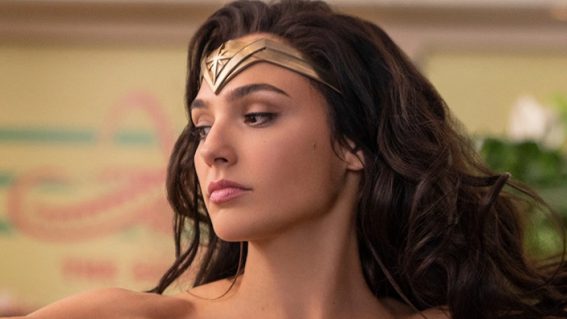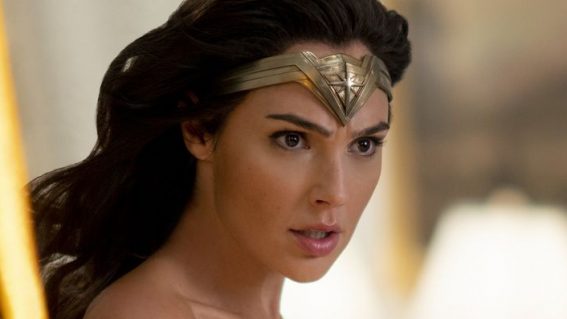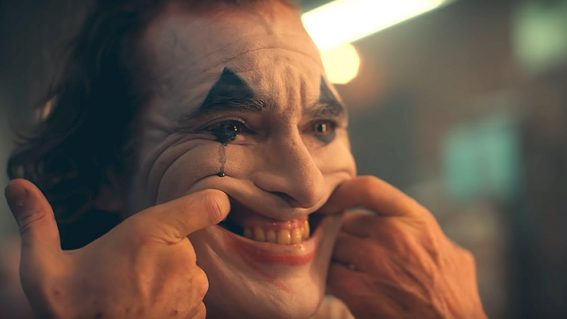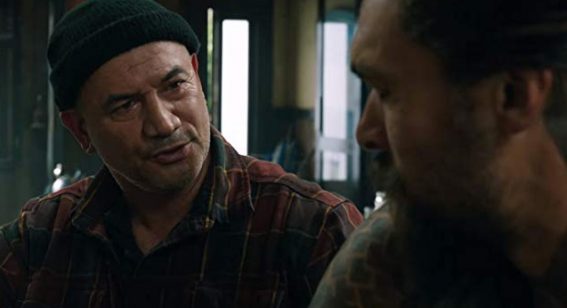Harley Quinn spin-off Birds of Prey is a buoyant blast
Made over and reimagined, it’s the same Harley but newly fleshed out.

Margot Robbie reprises her iconic Suicide Squad role in R16-rated DC action pic Birds of Prey and the Fantabulous Emancipation of One Harley Quinn. As Katie Parker writes, the film wastes no time launching into its own distinct story—no Suicide Squad pre-viewing needed.
Remember Suicide Squad? If the answer is “…kind of” then you’re hardly alone. The notoriously incoherent 2016 DC Comics blockbuster, following a ragtag team of super powered anti-heroes, has lived on in public memory primarily as a sort of comic book movie cautionary tale: just because you pour millions of dollars and A-list actors into a project, does not mean you will have a good (or even intelligible) movie at the end of it.
One thing that did resonate with audiences (and people looking for sexy Halloween costumes) was Margot Robbie’s Harley Quinn. The former psychiatrist turned pigtailed madwoman and girlfriend of Jared Leto’s Joker was easily the film’s most compelling character and an instant pop culture icon. Now, over four years later, Harley is the squad’s sole cinematic survivor (until we find out exactly what James Gunn is cooking up with next year’s Robbie-starring The Suicide Squad), leading her very own film: Birds of Prey and the Fantabulous Emancipation of One Harley Quinn.
Directed by relative unknown Cathy Yan and beginning with an efficient (and Leto-free) animated retelling of Harley’s backstory, Birds of Prey begins in the aftermath of Harley’s breakup with her beloved Mr. J, and wastes no time launching into its own distinct story—no Suicide Squad pre-viewing needed.
Made over and reimagined, it’s the same Harley but newly fleshed out: a roller derby enthusiast, egg sandwich loving, Bernie broad (!). Free from the male gaze that once defined her, we meet Harley reeling from heartbreak—particularly because, without her boyfriend’s protection, many of Gotham’s biggest baddies are now keen to settle years of unresolved beef.
But while Harley is under siege, she is not the only one—and Yan weaves her narrative together with various more women of Gotham seeking, as Harley puts it, ‘emancipation’. There’s Black Canary (Jurnee Smollett-Bell), a lounge singer who can break glass with her dulcet tones; Cassandra Cain (Ella Jay Basco), a teenaged pickpocket from an unhappy foster home; Renee Montoya (Rosie Perez), a canny detective whose misogynistic superior takes credit for her work; and a mysterious masked assailant with a mysterious grudge against the rich and powerful men who terrorise Gotham (Mary Elizabeth Winstead).
Each finds themselves connected to Roman Sionis (Ewan McGregor), a slick and sleazy nightclub owner and crime boss whose interests include collecting indigenous memorabilia for his penthouse and murdering people grotesquely.
Harley omnisciently narrates the action, often interrupting her own voiceover to talk directly to the camera and Robbie is once again a delight. Relentlessly driving the film’s quick-fire momentum, providing perpetual wry commentary as she goes, Harley is as captivating as she is deranged—her big, bright eyes shining with malevolence one minute, only to well with heartbroken tears the next.
Her supporting cast are excellent too: Smollett-Bell and newcomer Basco in particular make strong impressions as Harley’s reluctant allies. McGregor, though he only gets one scene to truly show it off, is surprisingly ok as Solanis: a campy, insecure villain who is at once pathetic and sinister.
When female-led ensemble blockbusters are announced, it can be hard to get particularly enthused. The Wonder Woman watershed moment was years ago now, and increasingly these projects feel more cynical than they do progressive—shoehorning superficial elements of diversity and feminism into stories so mediocre and incoherent that any real meaning is rendered void.
Birds of Prey strikes a rare good balance between politics and plot. Touching wryly on its themes of female empowerment every now and then, the bigger ideas Yan deals with (untouchable patriarchal systems, the potential for female camaraderie to disrupt them etc.) aren’t spelled out but instead allowed to surface on their own.
Interestingly, Birds of Prey is also one of the few female led superhero movies to take place in a time recognisable as the present. While its forbearers have chosen to tell their stories as period pieces—Captain Marvel in the 1990s, Wonder Woman the 1910s and, soon, the 1980s—here the often temporally ambiguous city of Gotham is rendered with the familiar trappings of most modern cities. Harley and her cohort are modern women, well acquainted with the realities of the world they live in, rather than imagining them to be a thing of the past.
Yet, unlike the grimly desaturated, crushingly dour comic book aesthetic favoured by so many of its peers, Birds of Prey is fun, bright, and alive. Its aspects of social realism (abusive foster homes, abusive bosses, various other forms of abuse) are taken in purposeful stride rather than broodily stewed over. Even the final showdown is refreshingly short and snappy—punctuating the film perfectly rather than dragging it out endlessly as is so often the case. Birds of Prey may not be the most powerful or poignant movie you’ll see this year, but as a foray into female empowerment, it is a buoyant, bullshit-free blast.
























